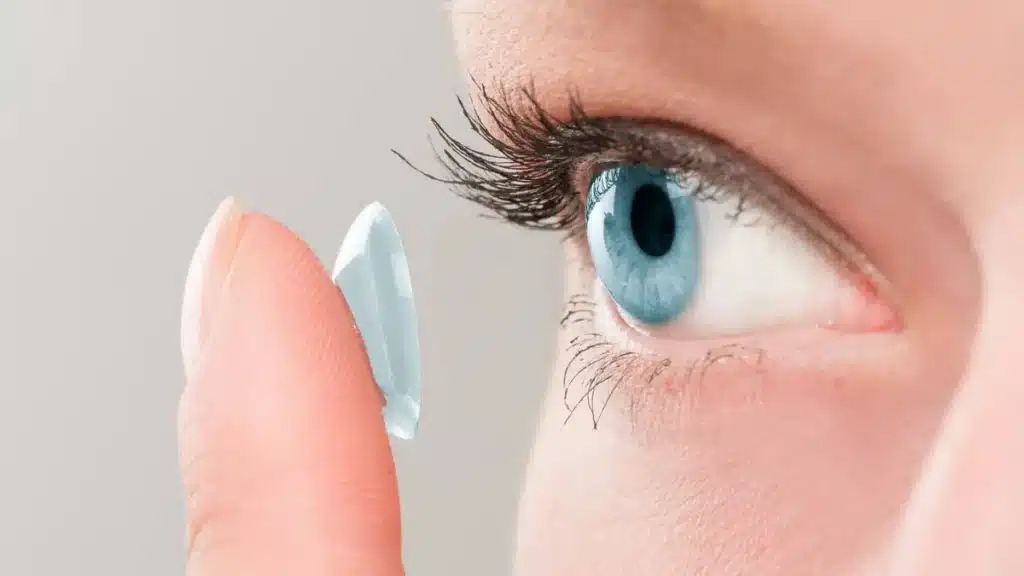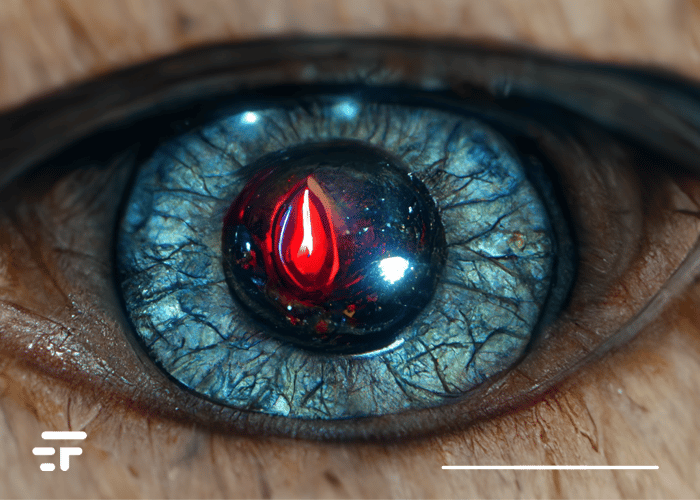Even the word alone, which for decades we have considered taboo, would be enough. The cancer, you know what I'm talking about, he is a killer that is difficult to prevent, to stop, even to identify in many cases. One of the methods of screening cancer cells, biopsy, may require invasive surgery, which leaves scars for life.
What if cancer cells could be detected in better ways?
A group of researchers is working on non-invasive contact lenses that can detect cancer cells: it can anticipate the diagnosis of cancer, and potentially cure it. The study was first published in the Advanced Functional Materials journal. I link it to you here.
The new research is led by the study's author Yangzhi Zhu, biomedical engineer at the Terasaki Institute for Biomedical Innovation, a nonprofit research organization in California. And it would be a fantastic development compared to other techniques in this field.
How does this new technology work?
Contact lens testing that detects cancer cells from tears is in the preliminary stages. At present, it has only been used on cells in the laboratory. If they give positive results, the next phase will be “in vivo” and will involve real volunteers.
How does it work? The device identifies cellular byproducts in tears called exosomes, which are thought to indicate tumor growth somewhere in the body. The lenses have an antibody that can detect and bind to another antibody found on these exosomes. When these two antibodies join, they turn red.
This red color indicates the presence of cancer cells, and it does so so effectively that it can even be observed with the naked eye.

A quick and convenient option
The benefits of this technique are vast, but the most important is speed. Blood tests, biopsies, and CT scans may take several days or weeks to get results, while these lenses produce a diagnosis in 30 minutes or less.
The process is also painless as it requires no incisions or surgery. What are the possible applications?
Zhu and his team are currently preparing a rabbit test to confirm the safety of the device. As mentioned, the next phase will involve humans.
If all goes according to plan, Zhu and his team are hoping the contact lenses will go beyond tests to detect cancer cells. These special lenses can diagnose other diseases, such as autoimmune ones. And someday they might even be used to administer drugs.
I can not wait, it is appropriate to say.


